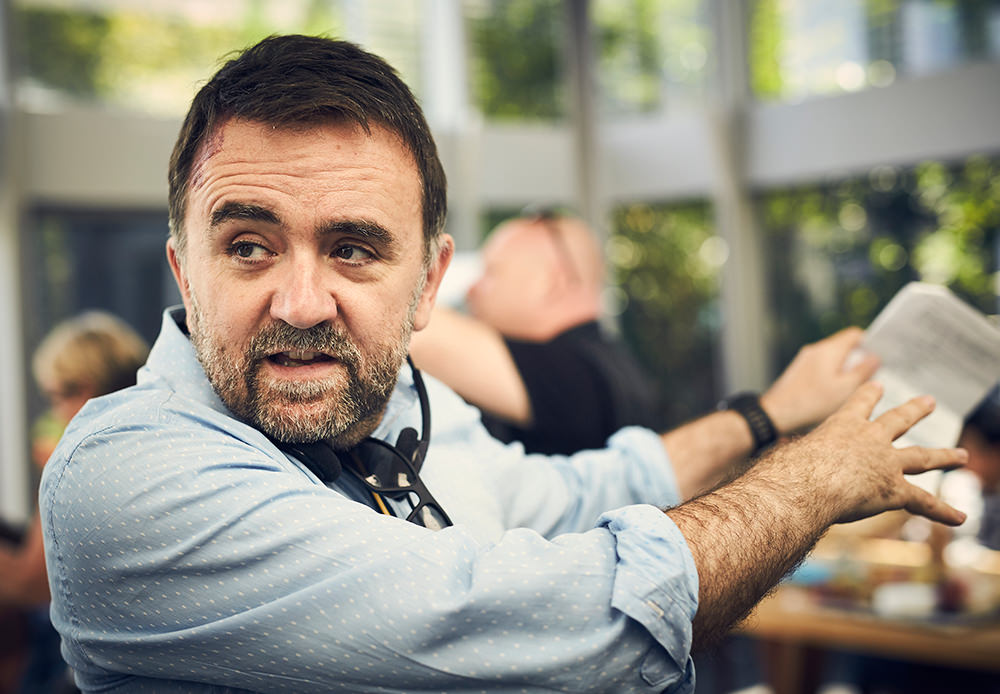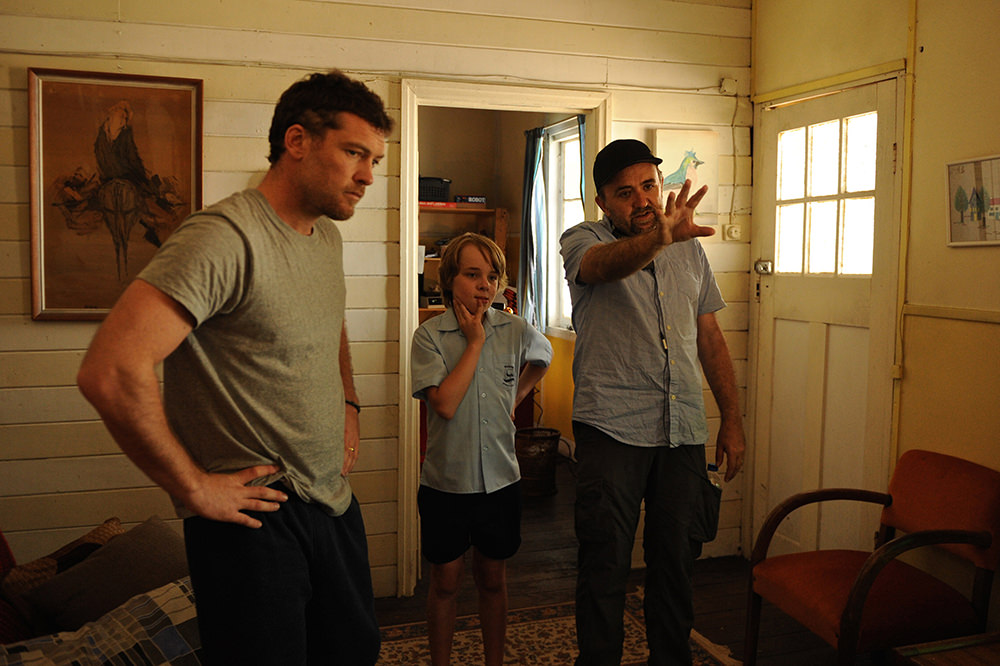Risk vs Reward vs Robert Connolly
Robert Connolly talks about risk-taking as a business principle and how complex novels such as Barracuda have found the perfect home in four-part TV series.
 Robert Connolly
Robert Connolly
Spear. The Turning. Paper Planes.
While each of these feature films were innovative and successful in their own right, filmmaker and Arenamedia founder Robert Connolly is not going to pretend they were easy to finance.
“But I guess I’ve always subscribed to the view that to be really successful you have to have the courage to walk on the precipice of complete and utter failure,” he says.
“There’s a middle-of-the-road path you can take and you’ll do ok. But if you want to be really successful you need to have massive risk-taking as a principle within your business.”
In Spear (2015), that meant adapting a 40-minute dance theatre work into a unique feature film with minimal dialogue.
That was a direct result of another risk, whereby Connolly asked 17 Australians of diverse artistic backgrounds to direct chapters of the Tim Winton adaptation The Turning (2013). One of those people was Bangarra Artistic Director Stephen Page, who then made his feature film debut with Spear.
An experienced producer, writer, director and distributor, Connolly feels a swell of pride with both projects – “where they sit in terms of Australian storytelling on our screens and the innovation and the bold experimentation of them”.
2015’s Paper Planes is another example of that.
It grossed nearly $10 million at the local box office and paved the way for more Australian family films, but Paper Planes was not smooth sailing.
“In retrospect it doesn’t look hard. You see a film about paper planes and kids and think surely that couldn’t have been that tricky?” he says.
 Sam Worthington and Ed Oxenbould on set with Robert Connolly in Paper Planes
Sam Worthington and Ed Oxenbould on set with Robert Connolly in Paper Planes
But it was.
“In the 18 years since I made my first film The Boys, which I produced, Paper Planes was by far the hardest thing I’ve ever financed. Without exception,” he says.
“So its massive commercial success is a great reward for everyone involved.”
But you can also see why, when Amanda Higgs and Tony Ayers at Matchbox Pictures approached Connolly to direct the four-part ABC TV adaptation Barracuda, it was “a gift of a project”.
Connolly relishes the chance to just throw himself into directing. But to return to a world created by author Christos Tsiolkas was also a joy.
It’s the second adaptation of Tsiolkas’ novels he has worked on, after directing two episodes of The Slap.
“I love the way Christos writes about an Australia that’s familiar to me – that’s diverse and complex and the issues that the characters face all feel real,” he says.
But there was also the lure of something innovative too… the 4×1 hour TV format.
“It’s come out in the UK recently and in the US with Olive Kitteridge,” he says, adding it’s significant because it’s attracting filmmakers and high-end cast who might not be able to commit to a longer format.
Additionally, whereas six-part series tend to have a few directors, in this case you can have a single director across all four episodes.
It’s a format Connolly believes is perfect for adapting novels because you have the time to delve into the “deep complex threads of a book like Barracuda”, which you wouldn’t necessarily have with a film.
And it’s not just because of extended time you have to tell the story.
“My view has been that in the cinema you have big, blockbuster movies and smaller, bold event cinema and the middle-ground drama is really on TV,” he says.
“Maybe 10 years ago Barracuda would have been made as a feature film, but it feels like in that area now, the audience is watching TV. I think cinema has to redefine itself and TV does a bit too and there’s a great opportunity in these 4×1 hour adaptations of great literary work.”
Connolly says the 4×1 hour episodes also complement the way people are now consuming drama – in one-hour television bites.
“Historically it used to be 2×2 hours with the miniseries, but I’ve pondered over how people watch TV at night… You come home from work, put the kids to bed at 9 ’o’ clock at night, and there’s something really appealing about watching an hour of television. Now people might choose to then watch the next hour, but even if they binge ten hours in a row, there’s something about TV really finding its form in that one-hour format.”
See for yourself, by watching Barracuda, whose entire four episodes are available to watch on ABC iview now.

What to read next
Jessica Hobbs has directed more than 60 hours of TV drama, from The Slap to Broadchurch. Here she talks career progression.
22 Jun 2016
Megan Simpson